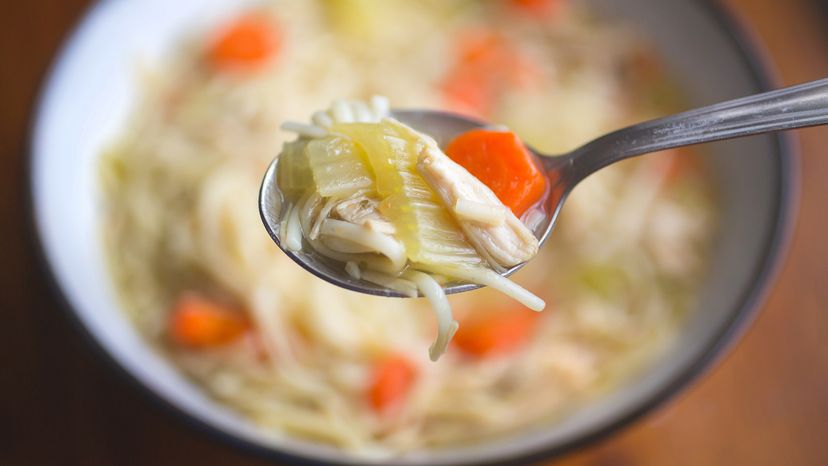
Preparing a bowl of chicken soup for a loved one when they’re sick has been a common practice throughout the world for centuries. Today, generations from virtually every culture swear to the benefits of chicken soup. In the U.S., the dish is typically made with noodles, but different cultures prepare the soothing remedy their own way.
Chicken soup as a therapy can be traced back to 60 C.E. and Pedanius Dioscorides, an army surgeon who served under the Roman emperor Nero, and whose five-volume medical encyclopedia was consulted by early healers for more than a millennium. But the origins of chicken soup go back thousands of years earlier, to ancient China.
Advertisement
So, with cold and flu season in full swing, it’s worth asking: Is there any science to back the belief that it helps? Or does chicken soup serve as just a comforting placebo, that is, providing psychological benefit while we’re sick, without an actual therapeutic benefit?
As a registered dietitian and professor of dietetics and nutrition, I’m well aware of the appeal of chicken soup: the warmth of the broth and the rich, savory flavors of the chicken, vegetables and noodles. What gives the soup that distinctive taste is “umami” – the fifth category of taste sensations, along with sweet, salty, sour and bitter. It is often described as having a “meaty” taste.
Advertisement